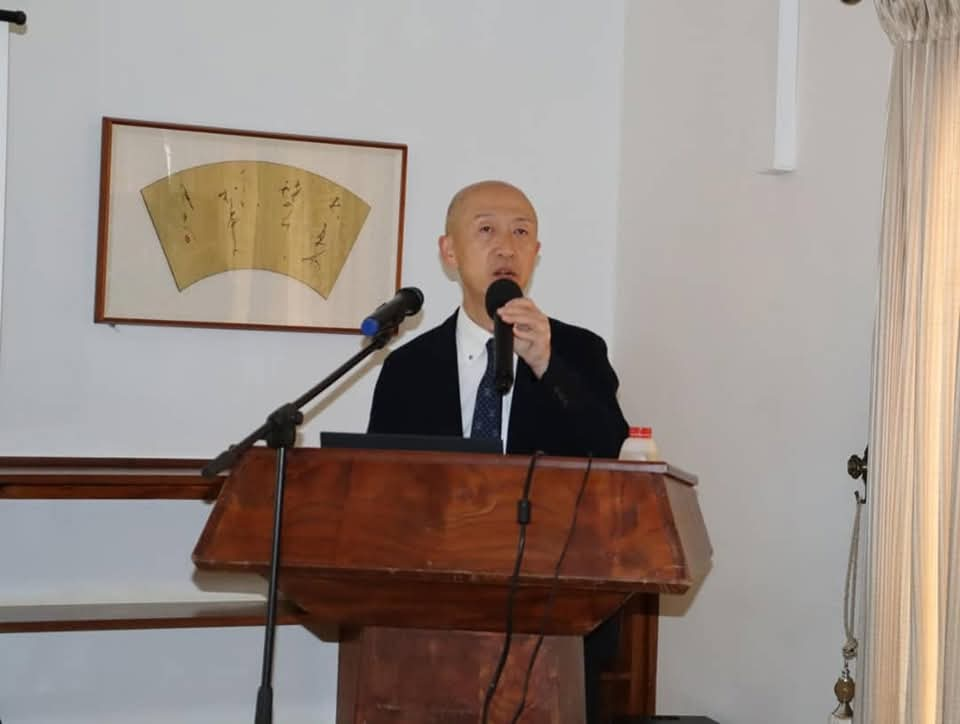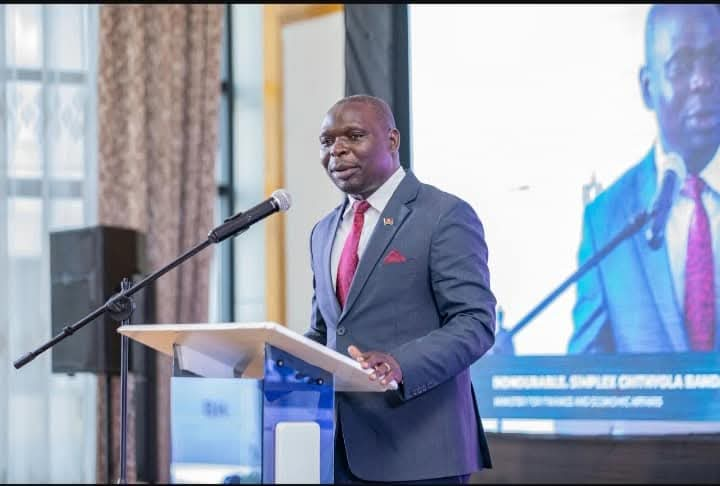By Burnett Munthali
The Japanese Embassy in Malawi has expressed optimism about fostering mutual business growth through franchise opportunities between Japanese and Malawian companies.
This comes amid increasing dialogue between the two countries aimed at boosting Malawi’s private sector through knowledge exchange, technological advancement, and foreign direct investment.
Speaking at the second Japan-Malawi Business Seminar held in Lilongwe today, the Japanese Ambassador to Malawi, Youichi Oya, acknowledged the enormous potential Malawi holds for business engagement.
However, he was quick to point out that certain structural and regulatory challenges continue to deter many Japanese firms from taking full investment leaps into the country.
Among the key deterrents highlighted by Ambassador Oya are rigid regulatory frameworks and persistent utility risks, particularly unreliable water and electricity supply.
These concerns, he noted, create uncertainty for Japanese investors who operate with high standards of consistency and predictability in their business models.
Despite these challenges, Ambassador Oya emphasized that Japanese businesses are still open to partnerships with local entrepreneurs, especially through franchise models that require lower risk but offer meaningful economic impact.
He pointed to Tokyo8 Global, a Japanese company producing organic liquid fertiliser, as a case in point of the kind of transformative partnerships that could boost Malawi’s agriculture-based economy.
According to the Ambassador, Tokyo8 Global is offering franchise opportunities that could enable Malawian businesses to manufacture and distribute its environmentally friendly liquid fertilisers across the country.
This, he said, aligns well with Malawi’s development agenda of moving away from chemical fertilisers towards more sustainable agricultural inputs.
Speaking during the same seminar, Tokyo8 Global’s International Business Development Officer, Glory Sibale, confirmed that the company is already making tangible progress in Malawi.
Sibale revealed that Tokyo8 Global has identified several potential franchisees in Malawi and is working closely with them as they await the completion of certification processes for the company’s liquid fertiliser product.
She further explained that the certification process in Malawi has reached an advanced stage, and once completed, will open doors for the company to begin full operations with local partners.
Sibale emphasized that Tokyo8 Global’s franchise model is designed to be inclusive, scalable, and rooted in local empowerment, making it ideal for Malawi’s economic ecosystem.
She added that the company is not only looking at distribution but also at technology transfer and skill-building for local entrepreneurs.
The growing interest in Japanese business franchises is viewed by many economists as a potential game changer for Malawi, particularly in the agro-processing and manufacturing sectors.
With the high cost of imports and dependence on foreign-made inputs still affecting Malawi’s trade balance, local production through strategic franchises could offer a practical solution.
Moreover, franchises like that of Tokyo8 Global could help build a new generation of Malawian entrepreneurs who are exposed to international standards of production, quality control, and marketing.
However, for such partnerships to thrive, government agencies must address policy bottlenecks that frustrate foreign investors.
These include streamlining certification procedures, stabilizing power and water supplies, and enhancing the ease of doing business.
Malawi’s private sector must also rise to the occasion by building capacity and meeting compliance standards required by foreign companies.
In addition, targeted policy interventions may be necessary to incentivize franchise models as a preferred form of foreign investment, especially in agriculture, energy, and green technology.
As the Japan-Malawi relationship continues to evolve, it is clear that franchise models like Tokyo8’s are not just business deals—they are blueprints for inclusive and sustainable development.
If properly harnessed, these collaborations could stimulate job creation, transfer modern skills, and catalyze industrial growth from the ground up.
It is therefore essential that both governments—through embassies, investment bodies, and regulatory authorities—work together to eliminate barriers and pave the way for mutual prosperity.
The conversation started today at the Japan-Malawi Business Seminar must be sustained, expanded, and translated into action.
The road ahead may still be bumpy, but with commitment, coordination, and the right partners, Malawi could become a hub for innovative franchise models driven by international collaboration.
Indeed, the time to unlock Malawi’s economic potential through Japan’s entrepreneurial spirit is now.



